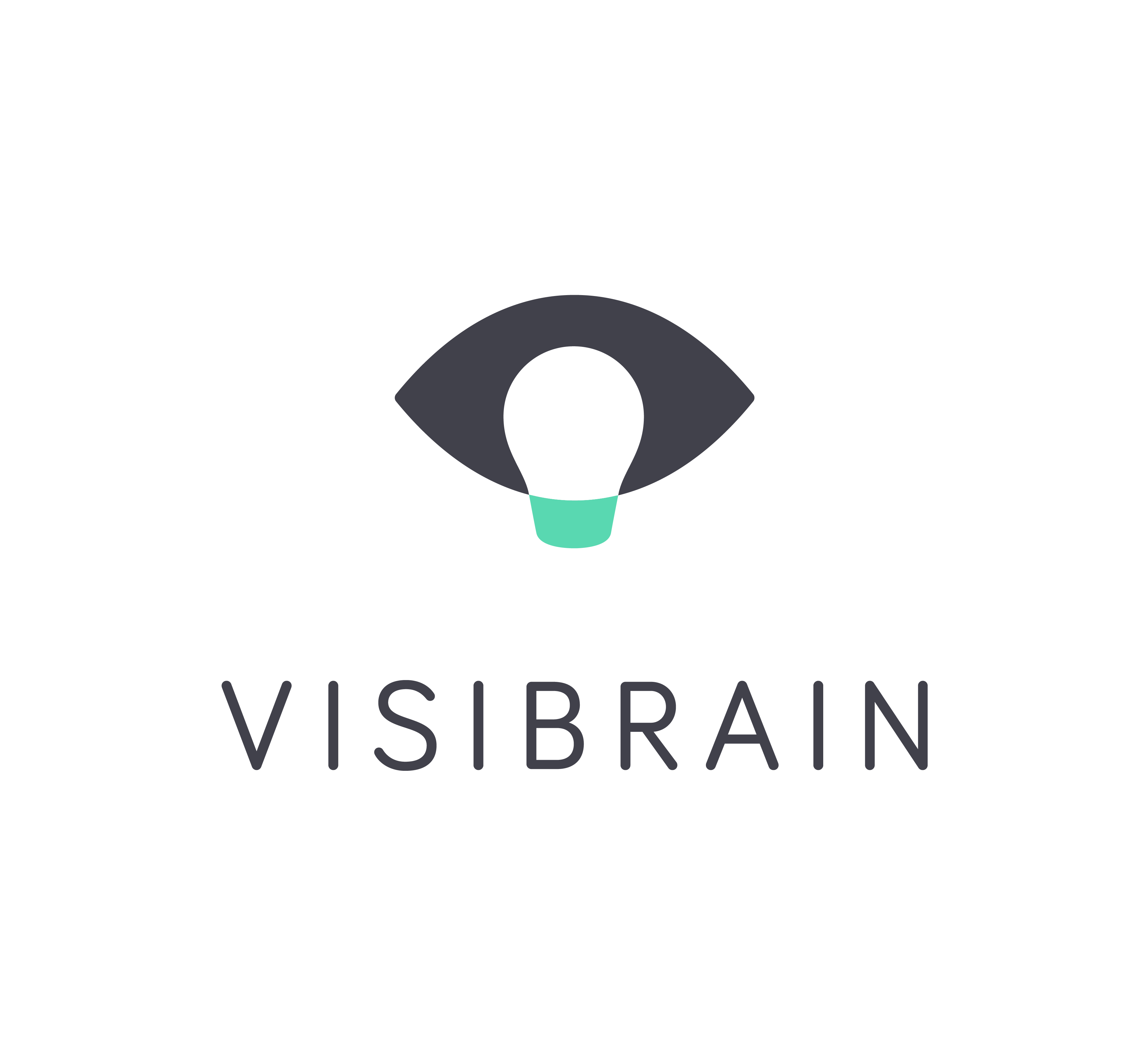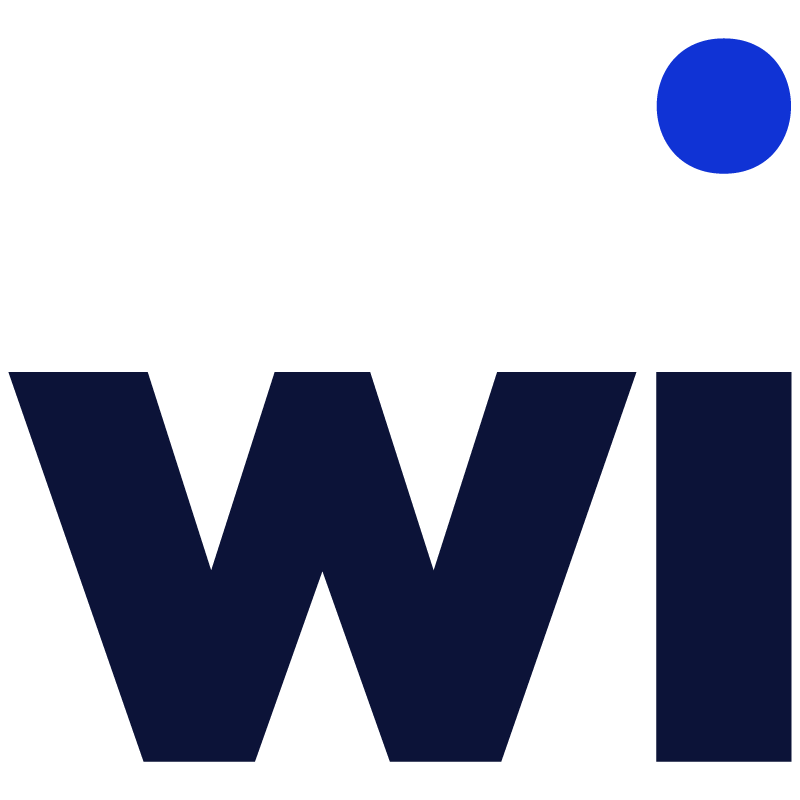Matt Stone, head of new media for FIFA recently declared, "This is the first social media World Cup, where ordinary fans can become instant pundits from their living rooms." And it might very well have been the first social media World Cup for advertisers. In 2010, your favorite brands' ads weren't on TV. During the this FIFA World Cup you are more likely to have found them on YouTube and Facebook. With some traditional sponsors going as far as forfeiting sponsorship to focus on Internet marketing and creating a buzz on social networks.
The Social World Cup is playing on Youtube
Most noticeably absent in the sponsor bleachers is Nike who launched its "Write the Future" campaign both on YouTube and Facebook. It has reached over 15 million viewers and has had more mentions throughout blogs and social media networks than Adidas, the official partner of the Cup. In the soft drink section, it's Pepsi vs. Coke, with Pepsi's (which is not a sponsor) joint Facebook/Youtube campaign "Oh Africa" racking up over 12 million views compared to less than 500,00 for Coke's, a late-adopter, "longest celebration" campaign on YouTube.
Source: Nielsen
Other successful and buzz-worthy Youtube campaigns you might want to check out are Carlsberg's "Team Talk" and Puma's "Love Equal Football"
Brands are shifting their marketing and advertising budget from traditional to social-
The trend became apparent at the 2010 Super Bowl when Pepsi dedicated its entire Super Bowl advertising campaign budget to the now famous "Refresh Project", an outreach campaign based entirely on Social Media engagement. Another example is Best Buy who bought some airtime during the Super Bowl but only to advertise their Twitter feed @twelpforce.
During the 2010 World Cup, advertisers such as major sponsor Sony Ericsson ($305-million, tier-one sponsorship agreement with FIFA until the 2014 World Cup in Brazil) has been focusing its advertising dollars on social networking, shunning traditional marketing in the process. Sony has launched the Twitter Cup, which will pit tweets from countries participating in the World Cup against each other.
For brands, "it's a unique opportunity to tie your brand to the greatest sporting event in the world - in real time. So much in social media is about brevity," said Jay Baer, a Social Media consultant.
The overwhelming presence of brands on Social Media networks during this 2010 FIFA World Cup only confirms that more and more brands are focusing their efforts and money on new media. According to Forrester Interactive, the compound aggregated growth rate for social media marketing through 2014 is 34% and some brands, such as PepsiCo (@pepsi) might have far surpassed that.
How do you feel about brands switching their marketing focus and budgets from traditional to social during large sporting events? And if you did, how would you go about measuring the success of such campaigns? Is "buzz" enough of an indicator? Leave us your comments.








